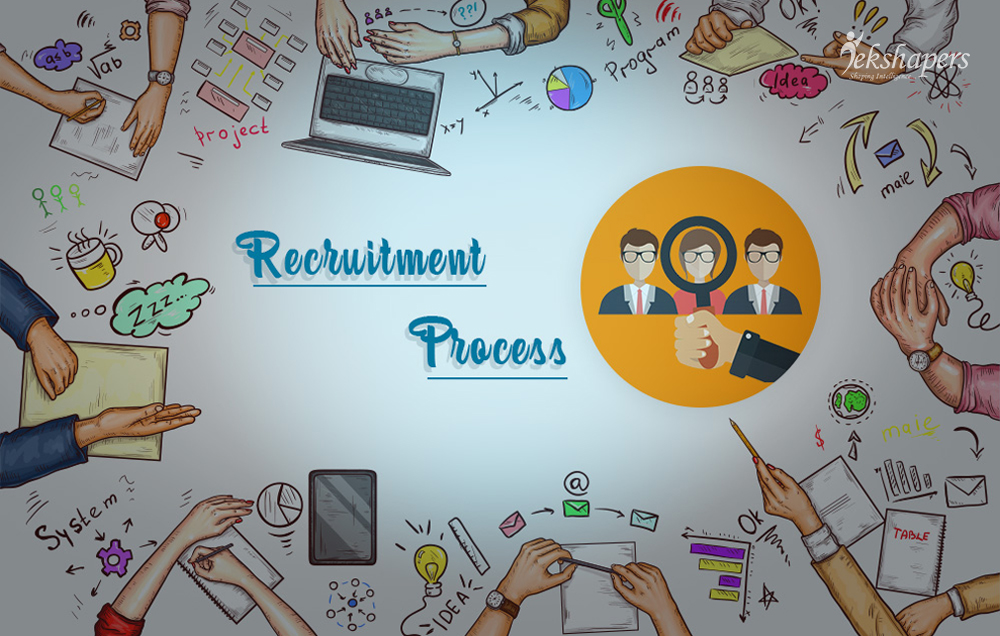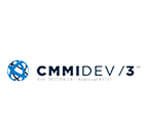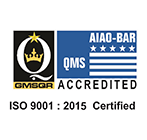Importance of Human Resource HR in Organization

Not every company understands the importance or the need of human resource department in their organization. The human resource professionals are the lifeblood of any company because their major job is to ensure that the company gets the most out of its employees.
In other words, we can say that human resource department requires offering a high return on businesses investing in their employees. In fact, the human resource department has significant potential to manage the most important and valuable resource of an organization.
Without having proper functioning in the human resource department, the organization might fail to achieve its high level of efficiency and workforce management. Human resource is used to describe both segments i.e. the people who work for the company and the department who are responsible to manage the resources related to the employees in the company.
It is a kind of contemporary umbrella terms that helps to describe the management and the development of the employees in an organization. Human resource department deals with the problems that are related to compensation, performance management, organization development, wellness, benefits, training, and others.
Major 10 Reasons HR (Human Resource) is important to an Organization
Human Resource is crucial to the organization in myriad areas that ranges from strategic planning to the company image. Below are listed some of the major 10 reasons that clearly demonstrate the importance of HR to an organization as:
-
Strategic Management
The HR’s improves the company's bottom line with its knowledge of how capital affects the success of an organization. The leaders with expertise in HR strategic management participates in corporate decision making which underlines the present staffing assessment and projections for the future workforce requirements based upon the business demands.
-
Wages & Salaries
HR compensation specialist usually develops the realistic structure of compensation which sets the company wages with other businesses in the area, same industry or the organizations that are competing for employees with similar skills. They usually conduct the extensive wage and salary surveys just to maintain the compensation cost in line with the company’s current financial status and projected revenue.
-
Analyzing Benefits
HR’s can decrease the company’s cost that is associated with the turnover, attrition and hiring replacement workers. They are quite crucial to the organization because they have the skills and the expertise that is essential to negotiate group benefits packages for employees, within the organization's budget and consistent economic condition. They are mainly familiar with the employee benefit most likely to attract and retain the workers.
-
Safety & Risk Management
The employers have the obligation to provide a safe working condition. The workplace safety and risk management specialist from the human resource area can manage compliance with the U.S. This safety specialist also engages employees to promote the awareness and safe handling of dangerous equipment and hazardous chemicals.
-
Minimizing Liability Issues
Human Resource relations specialists reduce the exposure and the liability that is related to the allegations of unfair employment practices in the organization. They can identify, investigate and resolve the workplace issues that are left unattended, could spiral out of control and embroil the organization in legal matters pertaining to federal and state anti-discrimination and harassment laws.
-
Training & Development
Human resource training and development specialist coordinates with the new employee's orientation, and the most important step is forging a strong employer-employee relationship.The training and development area of HR also offers training which supports the company’s fair employment practices and employee development for preparing aspiring leaders for supervisory and management roles.
-
Employee Satisfaction
Employee relations specialist in human resources assists in the organization to achieve high performance, morale and the satisfaction level through the workforce, thus by creating ways to strengthen the employer-employee relationship. They administer employee opinion surveys, conduct focus groups and seek employee input regarding job satisfaction and ways the employer can sustain good working relationships.
-
Recruitment & Onboarding
Human resource manages the employment process from screening resumes to scheduling of the interviews processing new employees. Typically, they can determine the most effective methods for recruiting applicants, including the assessment that the applicant tracking system is best suited for the organization needs.
-
Hiring Process
HR professionals work closely with the hiring managers to effect good hiring decision, as per the needs of the organization's workforce. They also help to provide the guidance to the managers who are not much familiar with the HR or the standard hiring processes thus to ensure that the organization extends to offer to a suitable candidate.
-
Maintaining Compliances
HR workers must ensure that the organization complies with the federal state of laws and regulations. They complete the paperwork that is important for documenting that the company’s employees are quite eligible to work in the US. They also monitor compliances with the applicable laws for the organizations which receive state or federal government laws, by maintaining applicants flow logs, written affirmative action plans and disparate impact analysis.
Conclusion
It is usually seen that the HR team has become more of an advocate for employees. In a time where the spotlight is well and truly shining on company culture, it is more essential than ever that the employees have the voice and that their experiences and the concerns are the sought out and listened to more in any organization.
Recent Blog

Why Your Business Needs a Mobile App?
06-Dec-2022Related Blogs

Strategies for Virtual Staffing
07-May-2018
Major Benefits of Virtual Staffing
10-May-2018
A Brief Introduction to Recruitment process
29-Jun-2018
What is Change Management Process
19-Jul-2018
How to Improve Your Recruitment Process
01-Aug-2018



.JPG)












